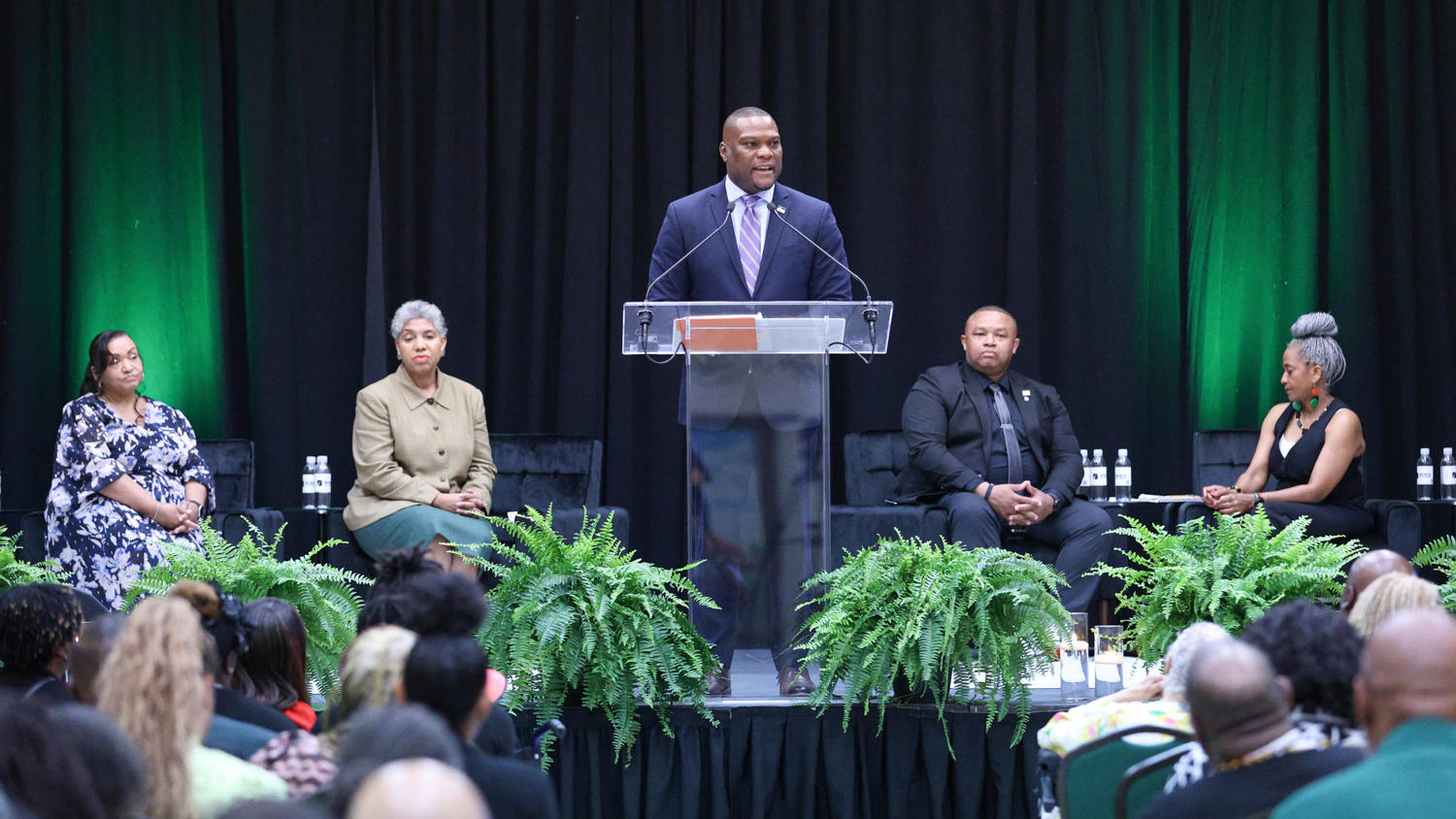Tulsa Allocates $105 Million for Reparations to Heal Racial Wounds from 1921 Massacre
The city of Tulsa is taking a significant step towards addressing the historical injustices resulting from the 1921 Tulsa Race Massacre by establishing a private charitable trust aimed at providing financial reparation and support for the descendants of victims and the community at large. Announced by Mayor Monroe Nichols IV, the trust is projected to secure $105 million, primarily to tackle the impacts of systemic racism and economic disenfranchisement affecting north Tulsa.
In a poignant address during the Race Massacre Observance Day event, Mayor Nichols emphasized the far-reaching consequences of the massacre, stating, "There is not one Tulsan, no matter their skin color, who wouldn’t be better off today had the massacre not happened." His remarks resonate deeply with the community, acknowledging the long-standing scars left by an event that obliterated a prosperous Black neighborhood known as Greenwood.
Acknowledging the Past and Investing in the Future
The proposed trust will utilize private funds to target various areas, including housing, scholarships, land acquisition, and economic development initiatives within the under-resourced north Tulsa area. This approach signifies a shift towards accountability and substantial efforts directed at rectifying historical wrongs.
- $60 million is earmarked specifically for improving infrastructure and revitalizing the community's heart in north Tulsa.
- Funds will support educational opportunities and access to resources that can foster economic growth.
- The city aims to involve local stakeholders in the decision-making process concerning asset allocation.
In concert with the establishment of the trust, officials have also formed the Beyond Apology Commission. This initiative aims to explore comprehensive reparative measures, echoing the sentiments of residents and community leaders who have long sought tangible support for the descendants of survivors.
Looking Ahead
Chief Egunwale Amusan, a descendant of a massacre survivor and an activist with Justice For Greenwood, lauded the mayor’s announcement as a momentous step towards justice. He reflected on the yearning for reparations that spans generations, recognizing that the path to reconciliation is multifaceted. Amusan stated, "If (my grandfather) had been here today, it probably would have been the most restorative day of his life." This vision sets a hopeful tone for the community and acknowledges the deep emotional scars that remain.
Interestingly, while the city has not committed to direct cash payments for survivors, there is a prevailing recognition of the need for broader measures that encompass both financial and structural reparations. Just as Kristi Williams from the Beyond Apology Commission noted, the requirements are multifaceted, necessitating more than just monetary compensation.
Continuing the Dialogue and the Journey to Reconciliation
In addition to financial reparations, Mayor Nichols has committed to uncovering the full narrative of the massacre by releasing 45,000 previously classified city records and continuing the search for mass graves believed to contain the victims of the tragic event. This move indicates an understanding that healing is not only about financial restitution but also involves acknowledging and documenting the truth of the past.
In his concluding remarks, Nichols underscored the importance of unity, stating, "We gather together to speak with one voice that hate — even aged 104 years — will never win." His commitment to this cause signals a significant leap toward addressing the systemic inequalities that have persisted in Tulsa and serves as a model for other communities grappling with similar historical injustices.
This initiative marks a pivotal moment in Tulsa’s history, positioning the city not only as a site of remembrance but also as a beacon of hope for reparative justice. The plan's execution and outcomes will be crucial in shaping the future narrative of not just Tulsa, but the broader discourse on racial equity and reparations across the United States.
Bias Analysis
Key Questions About This Article




